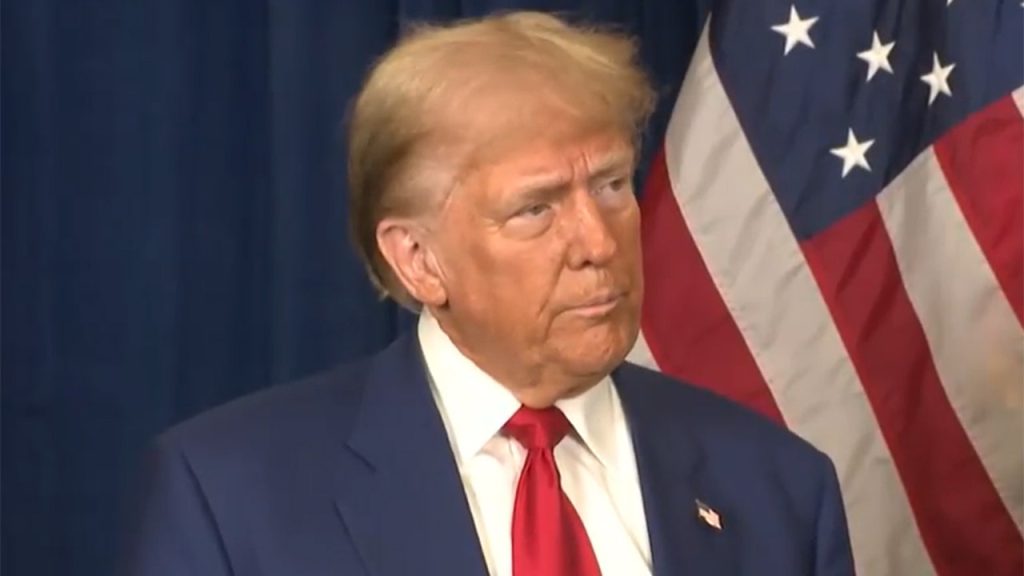President-elect Donald Trump predicted back in October that President Biden would pardon his son Hunter. Trump suggested in an interview with Fox News correspondent Bill Melugin that Biden might pardon Hunter Biden in the name of unity, a sentiment Trump did not necessarily agree with. Trump acknowledged that the situation involving Hunter Biden was sad, but noted that he believed Biden would likely pardon his son due to their relationship. Trump referred to Hunter as a “bad boy,” alluding to his legal troubles, including felony firearm and tax offenses.
President Biden, in response to criticism from Republicans about his decision to pardon his son, defended his choice by claiming that Hunter had been treated unfairly by prosecutors. Hunter Biden was convicted of three felony firearm offenses and later pleaded guilty to multiple felony tax offenses. Biden emphasized that he had promised not to interfere with the Justice Department’s decision-making from the start of his presidency, but he felt compelled to act because of what he perceived as selective and unfair treatment of his son by the legal system.
Biden explained that people are rarely brought to trial on felony charges solely for minor infractions like incorrectly filling out a gun form. He also mentioned that individuals who were late paying their taxes due to serious addictions, but subsequently paid them back with interest and penalties, typically receive non-criminal resolutions. Biden highlighted Hunter’s battle with substance abuse and emphasized that his decision to pardon his son was influenced by his role as a father and president. He expressed frustration over the relentless attacks on Hunter and himself, stating that there had been an effort to break his son and him, with the attacks not showing signs of stopping.
The president underlined that Hunter had been sober for five and a half years despite facing continuous attacks and selective prosecution. Biden implied that the attacks on Hunter were also meant to undermine him as the president, and he indicated that he believed the attacks would not cease with this incident. He emphasized that enough was enough and called for understanding from the American public regarding his decision to pardon his son. Biden sought to convey the message that he made the decision out of a sense of duty as a father and president, appealing to empathy and portraying his choice as a response to the tumultuous experiences faced by his son.
Overall, the situation involving Hunter Biden’s legal troubles and subsequent pardon by President Biden has been contentious and polarizing. President Trump had offered his prediction about the pardon months earlier, and President Biden eventually followed through with the decision, citing unfair treatment of his son as a key factor. Biden defended his choice by pointing to what he saw as selective prosecution and emphasized the personal and familial aspects that influenced his decision. The incident highlighted the complexities of balancing personal relationships with professional obligations for political leaders and reignited debates on issues related to justice, privilege, and accountability.

